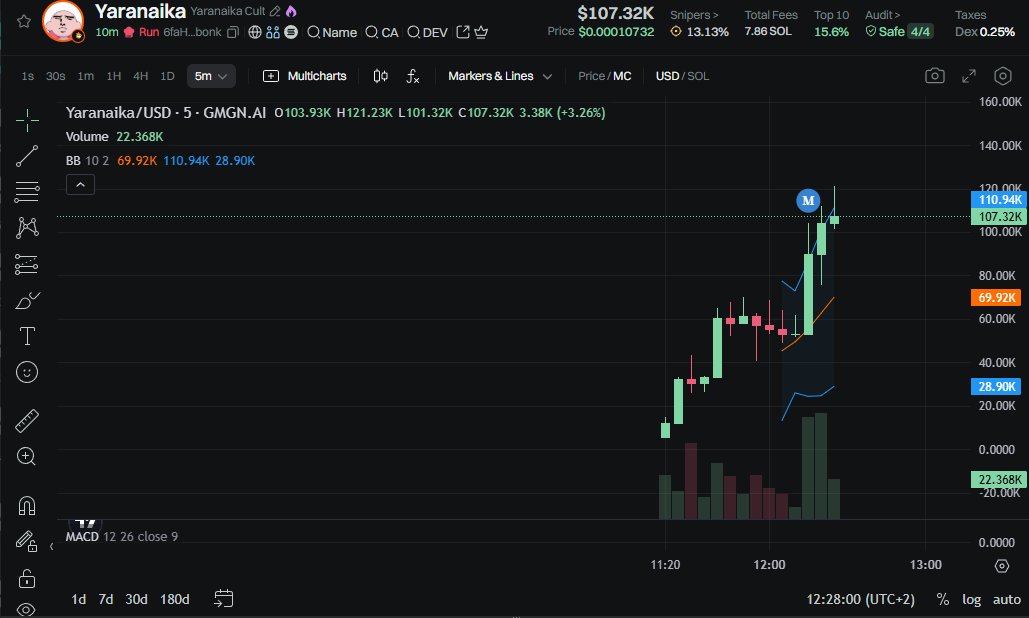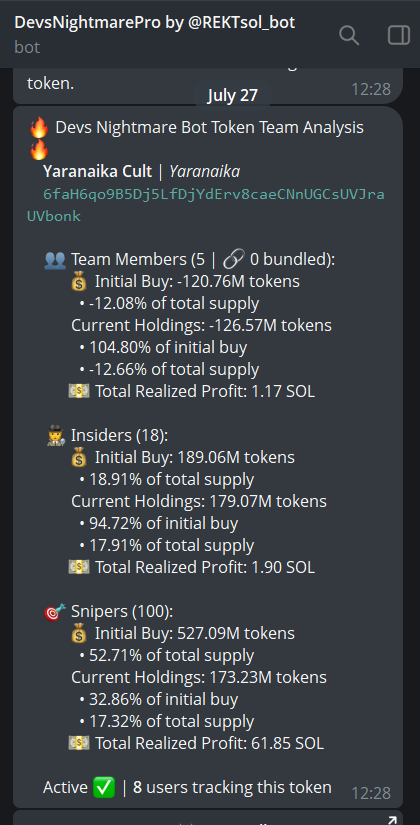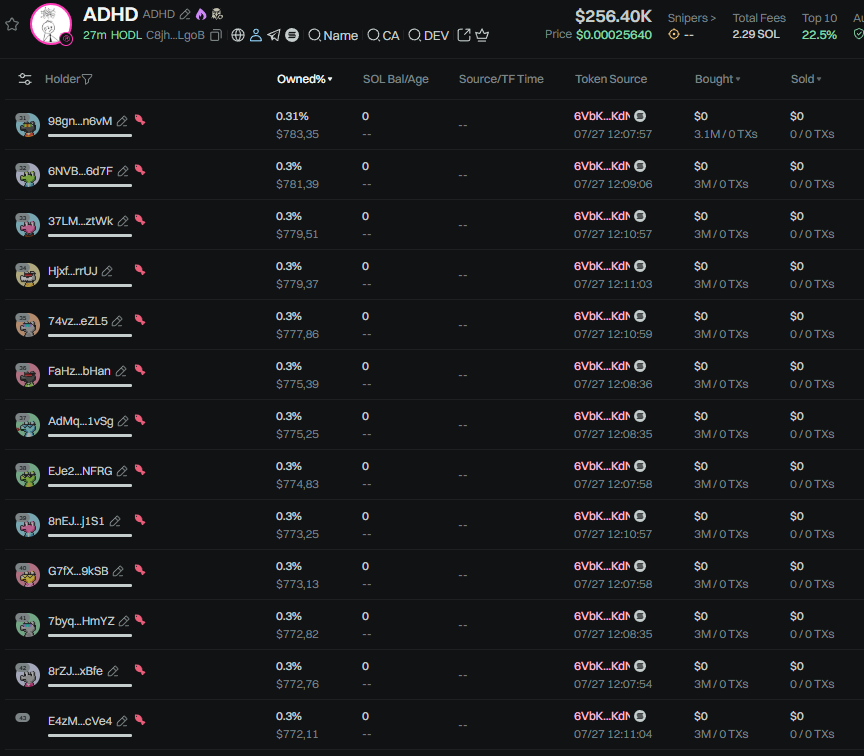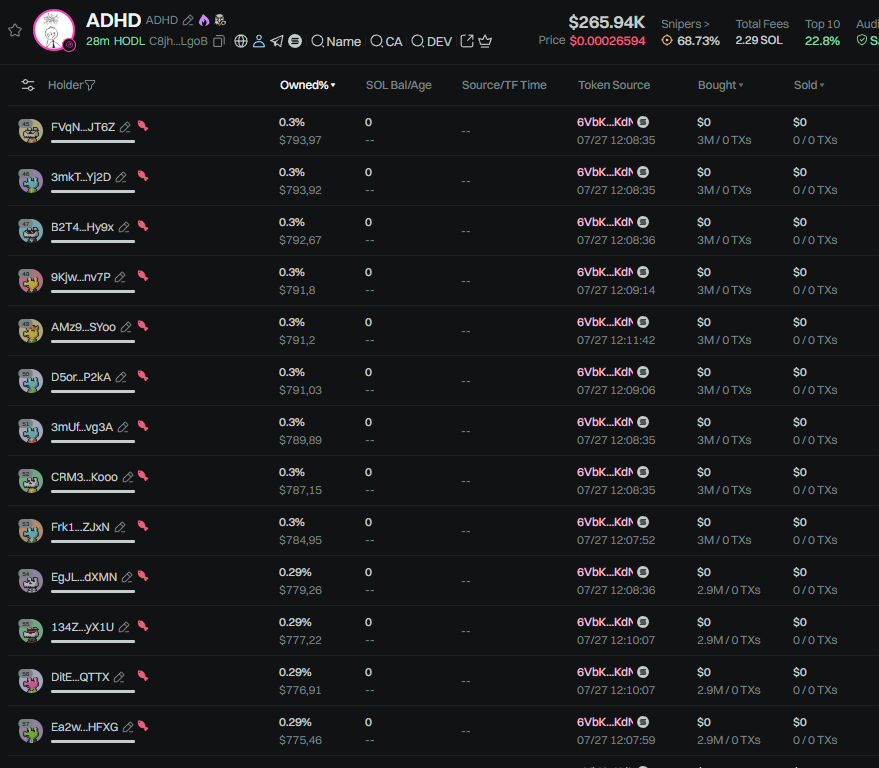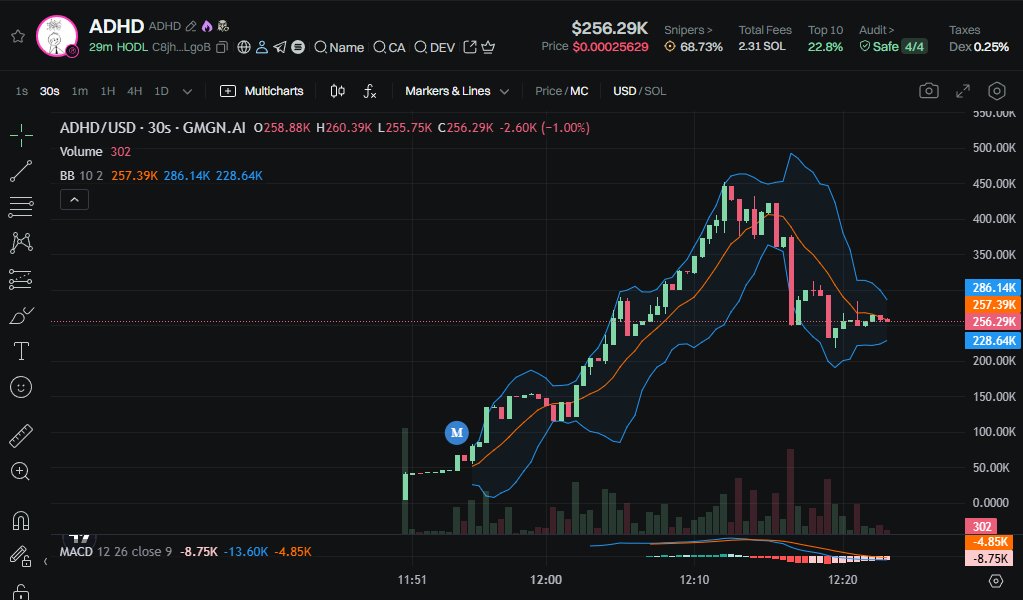Solana price
in USDCheck your spelling or try another.


About Solana
Disclaimer
OKX does not provide investment or asset recommendations. You should carefully consider whether trading or holding digital assets is suitable for you in light of your financial condition. Please consult your legal/tax/investment professional for questions about your specific circumstances. For further details, please refer to our Terms of Use and Risk Warning. By using the third-party website ("TPW"), you accept that any use of the TPW will be subject to and governed by the terms of the TPW. Unless expressly stated in writing, OKX and its affiliates (“OKX”) are not in any way associated with the owner or operator of the TPW. You agree that OKX is not responsible or liable for any loss, damage and any other consequences arising from your use of the TPW. Please be aware that using a TPW may result in a loss or diminution of your assets. Product may not be available in all jurisdictions.
Solana’s price performance
Solana in the news

XRP’s ETF exposure is currently limited to futures, but analysts say any progress toward a spot product could drive a second wave of inflows, particularly if the SEC maintains its softened posture post-March ruling.

Ripple (XRP) was also among the underperformers, falling 3.7% from Thursday.

The broader cryptocurrency market, including ether and solana, also experienced losses of 2% to 3%.

BONK rebounds sharply with bullish momentum after 18% intraday swing, supported by ecosystem expansion and Solana launchpad dominance

The roadmap was coauthored from key leaders of the Solana ecosystem and centers on ‘Application-Controlled Execution’

The new proposal, SIMD-0286, suggests raising the per-block compute limit from 60 million to 100 million compute units.
Solana on socials

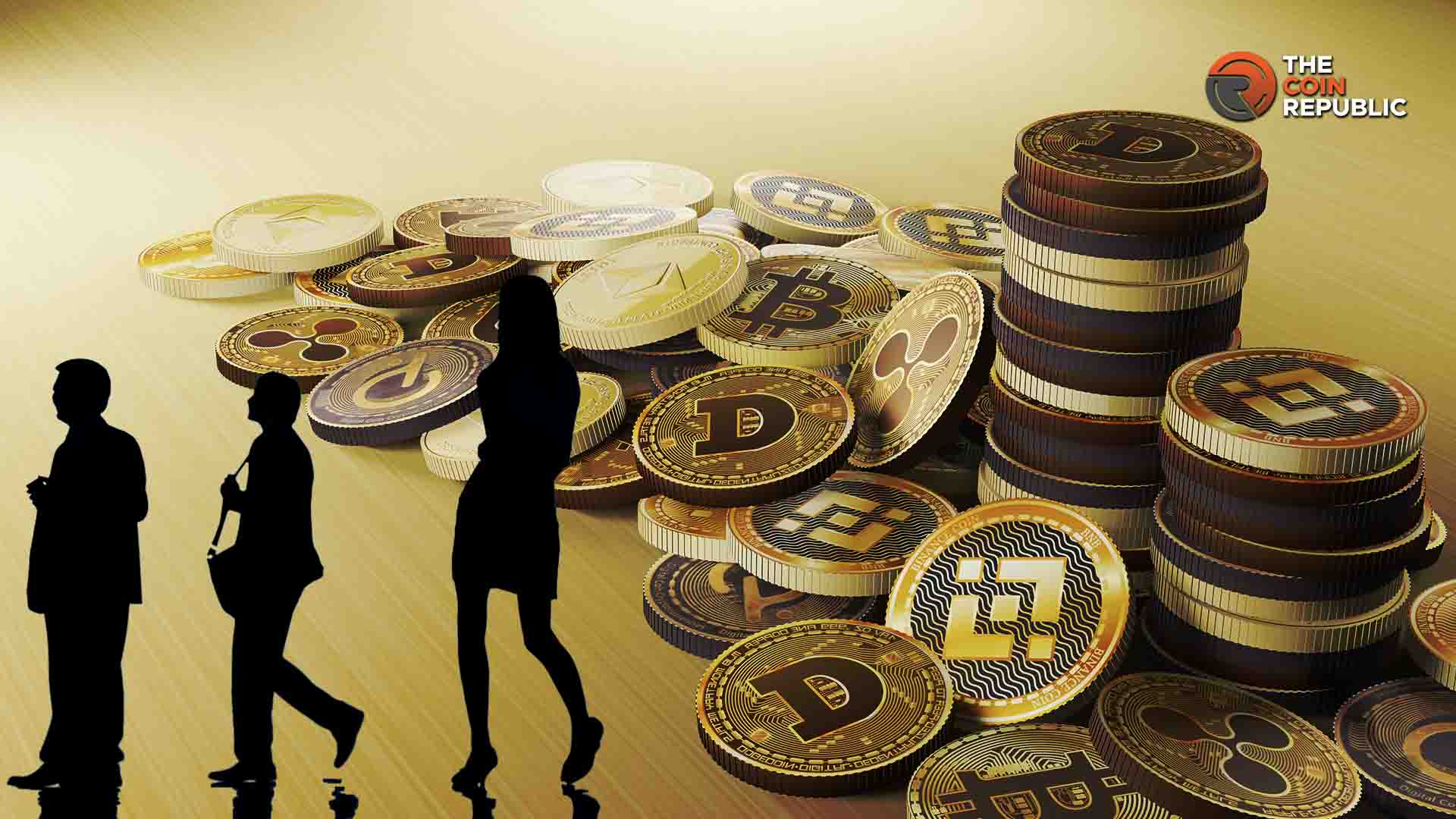
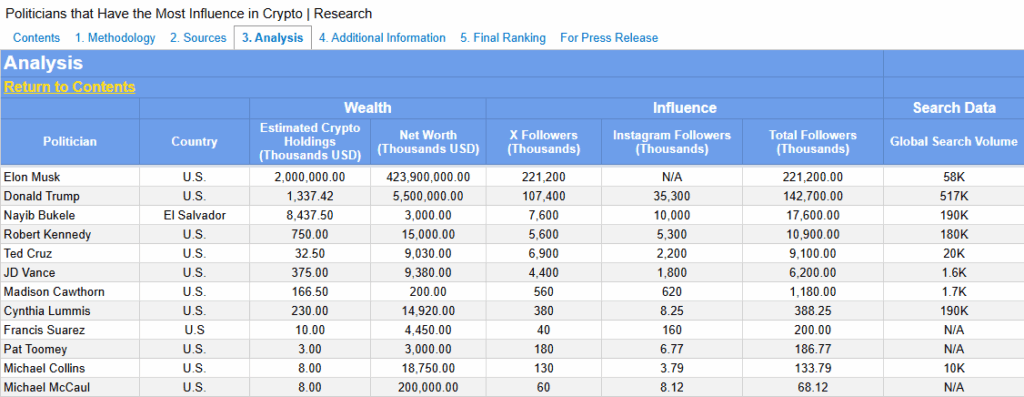
Guides

Solana on OKX Learn




Solana FAQ
Solana is a blockchain network that focuses on providing lightning-fast transaction speed without compromising security or decentralization. Like Ethereum, Solana enables the smart contract infrastructure necessary for launching and running decentralized applications and tokens.
Solana combines the Proof of History (PoH) protocol and Proof of Stake (PoS) mechanism to establish a dynamic and lightning-quick means of achieving consensus and transferring value on the blockchain. The PoH protocol enables the synchrony of all computers connected to the Solana network and establishes the chronological ordering of historical data. On the other hand, PoS governs the processes involved in picking validators and assigning tasks to them.
After you buy SOL, you can use your SOL tokens to explore the Solana blockchain and pay for transactions and services on-chain. You can access popular DeFi protocols, collect and trade trending Solana NFTs, and stake tokens to a validator to earn staking rewards.
Easily buy SOL tokens on the OKX cryptocurrency platform. Available trading pairs in the OKX spot trading terminal include SOL/USDT, SOL/USDC, SOL/BTC, and SOL/ETH.
You can also buy SOL with over 99 fiat currencies by selecting the "Express buy" option. Other popular crypto tokens, such as Bitcoin (BTC), Tether (USDT), and USD Coin (USDC), are also available.
Alternatively, you can swap your existing cryptocurrencies, including XRP (XRP), Cardano (ADA), and Chainlink (LINK), for SOL with zero fees and no price slippage by using OKX Convert.
To view the estimated real-time conversion prices between fiat currencies, such as the USD, EUR, GBP, and others, into SOL, visit the OKX Crypto Converter Calculator. OKX's high-liquidity crypto exchange ensures the best prices for your crypto purchases.
Dive deeper into Solana
Solana describes itself as a third-generation network designed to solve the blockchain trilemma – the notoriously difficult feat of improving performance without compromising decentralization and security. Solana might succeed where first and second-generation blockchains have struggled by introducing innovative methodologies to optimize a blockchain network's speed while retaining a high level of decentralization.
Solana's decision to focus on finding a balance between speed, security, and decentralization stems from the need to create enabling environments for launching world-class decentralized applications (DApps). The goal is to provide a blockchain network to help DApps attain the same functionality and user experience that their centralized counterparts offer.
The Solana ecosystem has SOL as its base currency, which users can use to make payments, settle related fees, and participate in the network's staking economy. The digital asset also doubles as Solana's governance currency. In essence, SOL holders can vote on proposals that would, in turn, determine the type of changes and upgrades adopted by the Solana ecosystem.
How does Solana work
Like most blockchains, Solana relies on a consensus algorithm. Such algorithms ensure blockchains don't require intermediary entities like Visa or PayPal to execute and validate transactions. However, rather than opt for the energy-intensive and slower Proof of Work (PoW) consensus protocol like Bitcoin, Solana has adopted a more dynamic alternative that gives room for highly scalable and eco-friendly operations.
Specifically, Solana’s dynamic consensus system combines the in-house designed Proof of History (PoH) protocol and the popular Proof of Stake (PoS) model. PoH creates a historical record of events and transactions and allows the system to process transactions faster and more efficiently.
Armed with these two consensus mechanisms, Solana can reportedly process up to 50,000 transactions per second, which is why it is often called the "Visa of the crypto world." This is an exceptional feat considering that Ethereum, the most popular application-based blockchain, currently has a maximum theoretical TPS of 119. According to Solana, developments are underway to increase the current maximum transaction size possible on the network, which currently stands at 1,232 bytes. QUIC, a Google-built transaction ingestion protocol currently live on Solana's Mainnet-beta, could be the key to unlocking a larger transaction size.
Solana provides a flexible development tool kit that supports three popular programming languages: Rust, C, and C++. Solana has also highlighted community-driven efforts to allow on-chain programs to be written in other languages such as Python via Seahorse. Proponents of Solana argue that the possibility of writing smart contract codes with multiple programming languages will help developers access a more familiar and flexible development environment, unlike what we have on blockchains with native smart contract languages.
Additionally, the Solana blockchain has a block propagation protocol named Turbine that makes data distribution faster across the network. Finally, Solana uses Gulf Stream, a Mempool-less transaction forwarding protocol that enables validators to execute transactions beforehand.
Solana's high-speed and low-cost transactions make it an attractive platform for DeFi applications. It supports various DeFi projects, including decentralized exchanges (DEX), lending and borrowing platforms, and yield farming protocols. Furthermore, with its ability to handle a large number of transactions per second, Solana is a suitable platform for blockchain-based games. Developers can build interactive and scalable games on Solana that offer rewards in SOL or other tokens.
SOL price and tokenomics
Launched in March 2020, SOL initially sold for $0.22 to supporters through a public auction, successfully raising $1.76 million. The subsequent surge in Solana's value led to a significant private token sale round in June 2021, generating a substantial $314 million for Solana Labs. The funds raised in this round are earmarked for the development and promotion of a robust and expansive decentralized finance (DeFi) ecosystem on the Solana blockchain.
Over the years, the Solana team conducted five funding rounds, starting with a seed round of $3.17 million, followed by three private funding rounds that eventually culminated in a $20 million Series A. An additional $1.76 million was raised through a public auction in March 2022 with CoinList. These funding efforts have propelled Solana's growth and positioned it as a prominent player in the blockchain space.
The SOL price reached its all time high of $259.69 back in November 7, 2021. Although the Solana price fell sharply and stagnated in the years following, the latter part of 2023 saw the token gain bullish momentum. SOL prices reached above $100 for the first time in almost two years during late January 2024, and continued its uptrend to hit $195.72 on March 24, 2024. Various factors have contributed to the Solana price rise, but many commentators attribute it to the growing strength of the network. Solana surpassed rival smart contract blockchain Ethereum for decentralized exchange (DEX) volume during March 2024, reportedly due to a flurry of activity surrounding Solana-based memecoins and a superior volume to total value locked for Solana.
Key tools and technologies in the Solana ecosystem
Launched in October 2021, the Jupiter swap aggregator is considered by many to be an influential part of Solana's success. Jupiter aggregates liquidity for Solana, helping users to find the best prices with minimal volatility and slippage.
Meanwhile, Magic Eden is the largest non-fungible token (NFT) marketplace on Solana. The platform allows users to buy, sell, and mint digital collectibles, and also provides various resources to help developers build their own projects. Although Magic Eden is a major NFT marketplace on the Solana network, it also supports other chains including Polygon, Base, Ethereum, and Bitcoin Ordinals.
Another key tool in the Solana ecosystem is Pyth Network. This blockchain oracle allows smart contracts to interact with real-world price data in real-time. Data is collected from a large quantity of sources including exchanges, market makers, and financial services providers. Significantly, Pyth Network can find and publish off-chain data on-chain, powering DApps (and their users) with access to high-fidelity real-time market data.
SOL distribution
The initial supply of SOL, totaling 500,000 tokens, was distributed among various entities involved in Solana's early funding rounds. Notably, a portion was allocated to investors in the Seed round, while another share was reserved for participants in the Series A rounds. Additionally, some tokens were sold in a public sale, and a portion was distributed among the founding team members who contributed to the project's development. Furthermore, the Solana Foundation, a not-for-profit entity supporting Solana initiatives, received its share of tokens. Lastly, a community reserve fund, managed by the Solana Foundation, also received a portion of the initial supply to support the broader Solana community.
About the founders
Anatoly Yakovenko, a software engineer, first introduced Solana in 2017 when he published a whitepaper where he proposed the concept of Proof of History and how it can optimize the throughput of blockchains. Before venturing into the blockchain ecosystem, Yakovenko worked at Qualcomm and Dropbox as a software engineer.
After introducing the Solana project, Yakovenko teamed up with one of his former Qualcomm colleagues, Greg Fitzgerald, to co-found Solana Labs, the software development company responsible for building and maintaining the Proof of History-based blockchain network. Along the line, Yakovenko and Fitzgerald recruited more former Qualcomm colleagues.
ESG Disclosure




